Insights
News and blogs to give you an insight into the environmental sector.
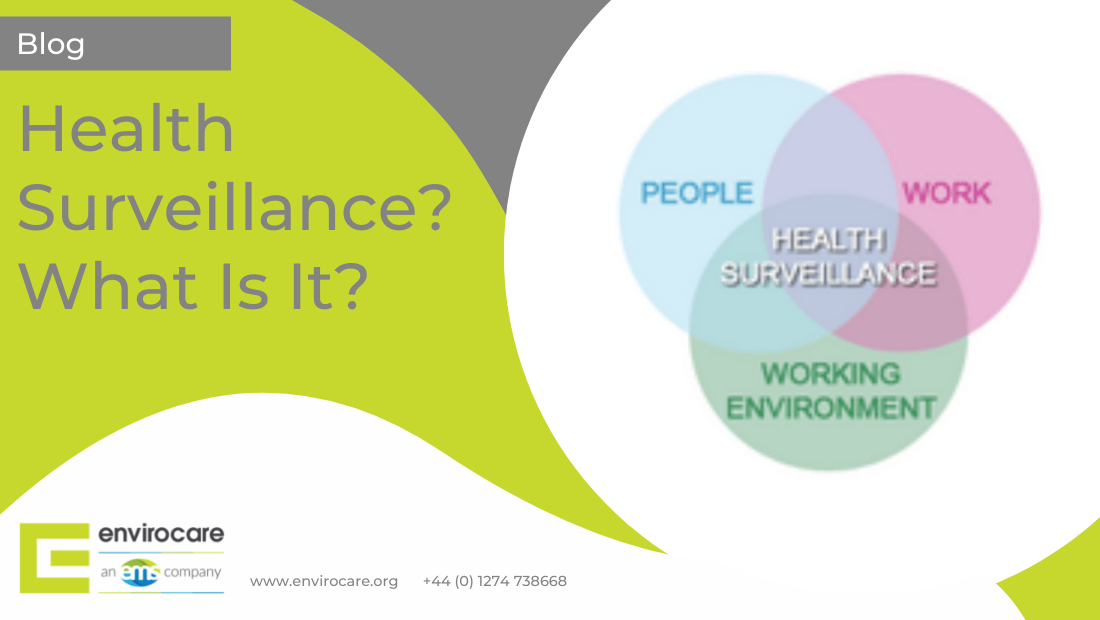
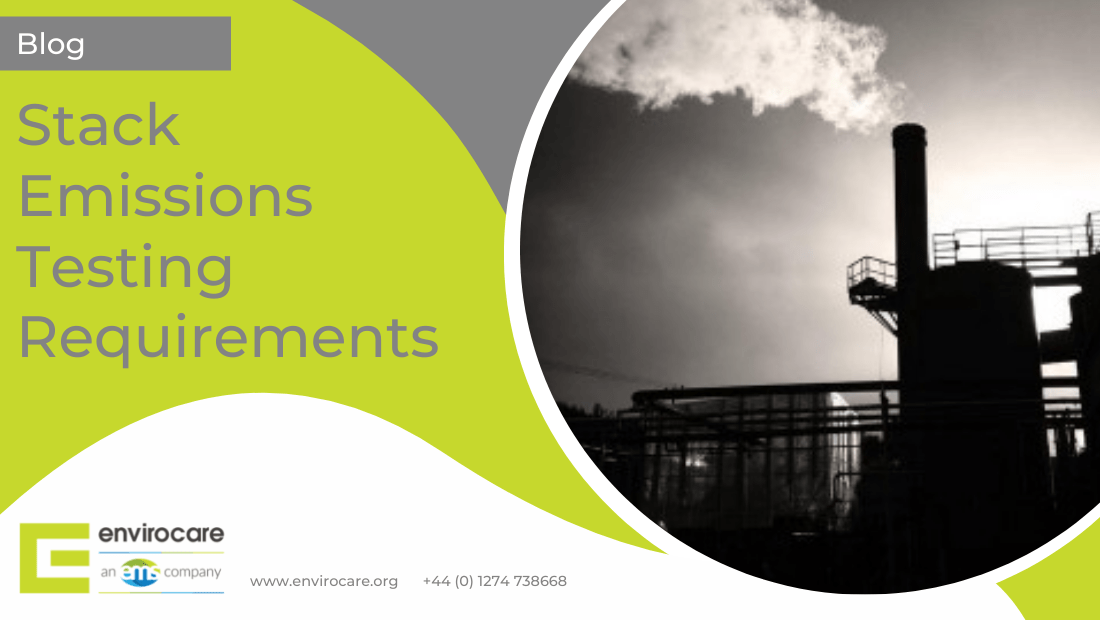
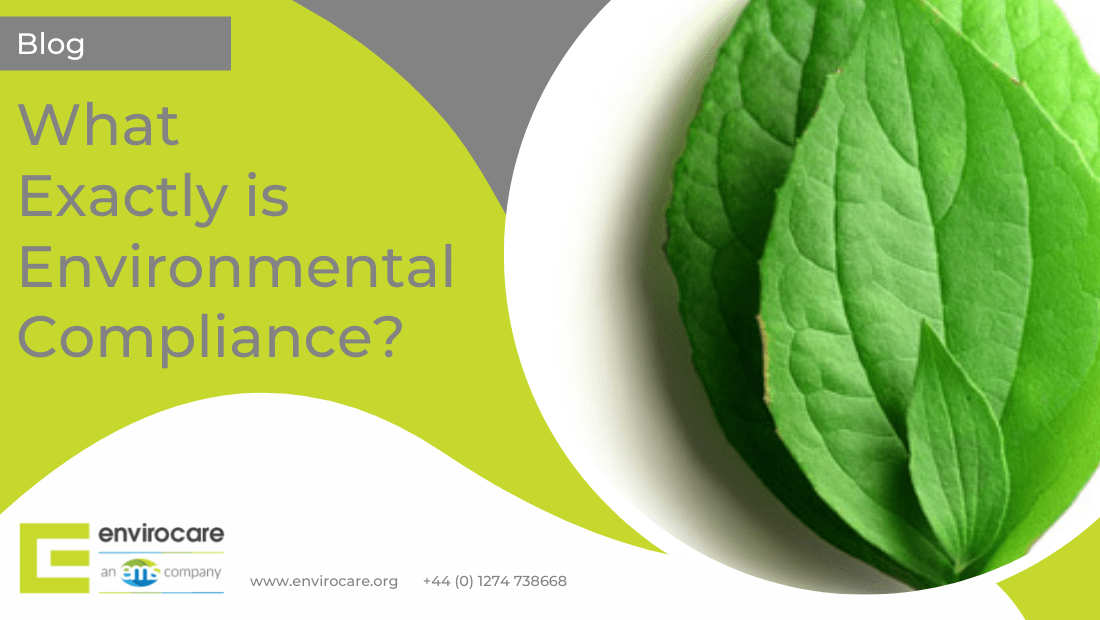
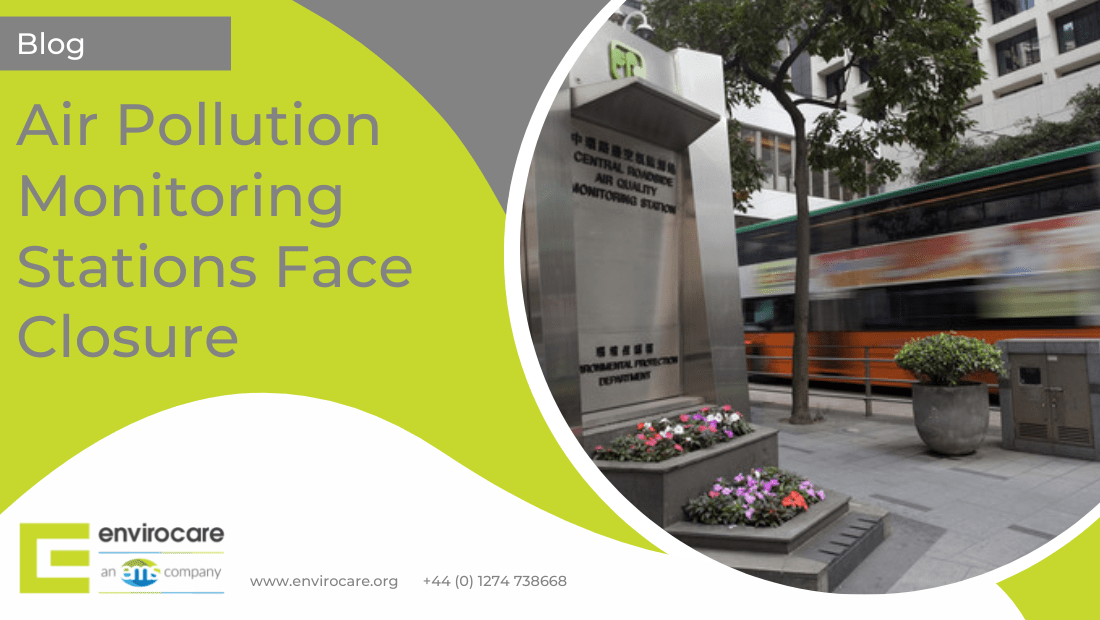
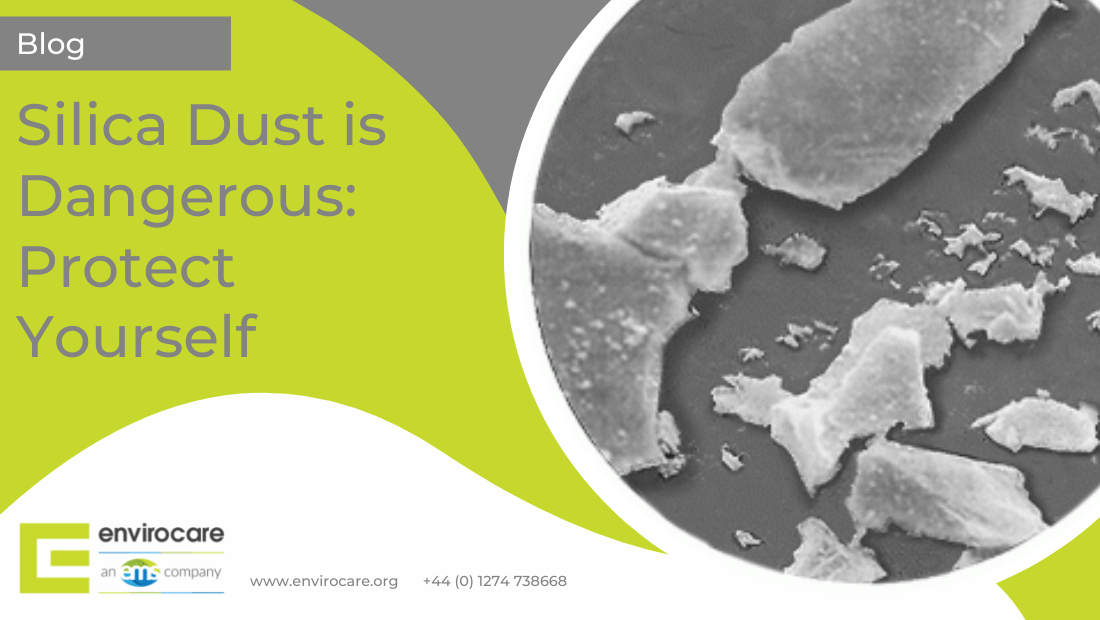
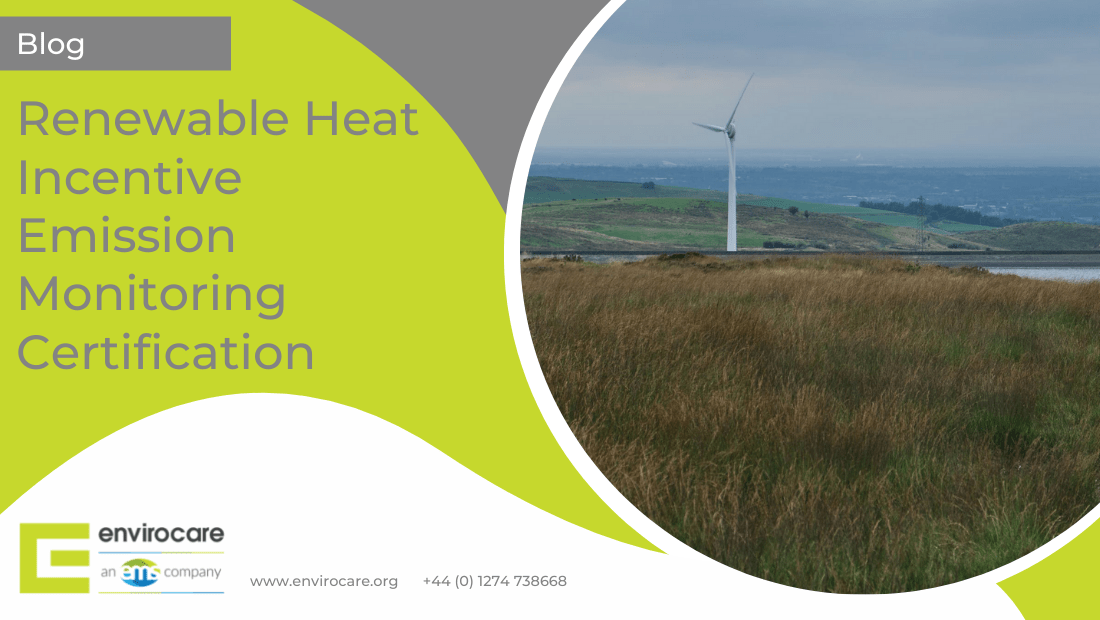
Renewable Heat Incentive Emission Monitoring Certification
5 September 2013 · Bethan Martin
Read more ➔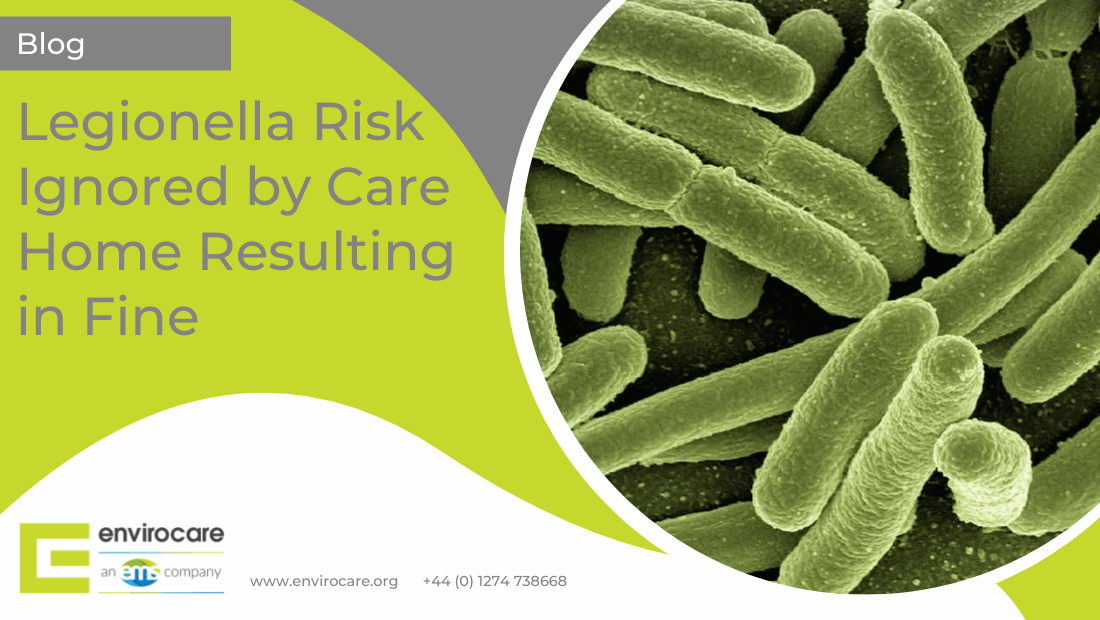
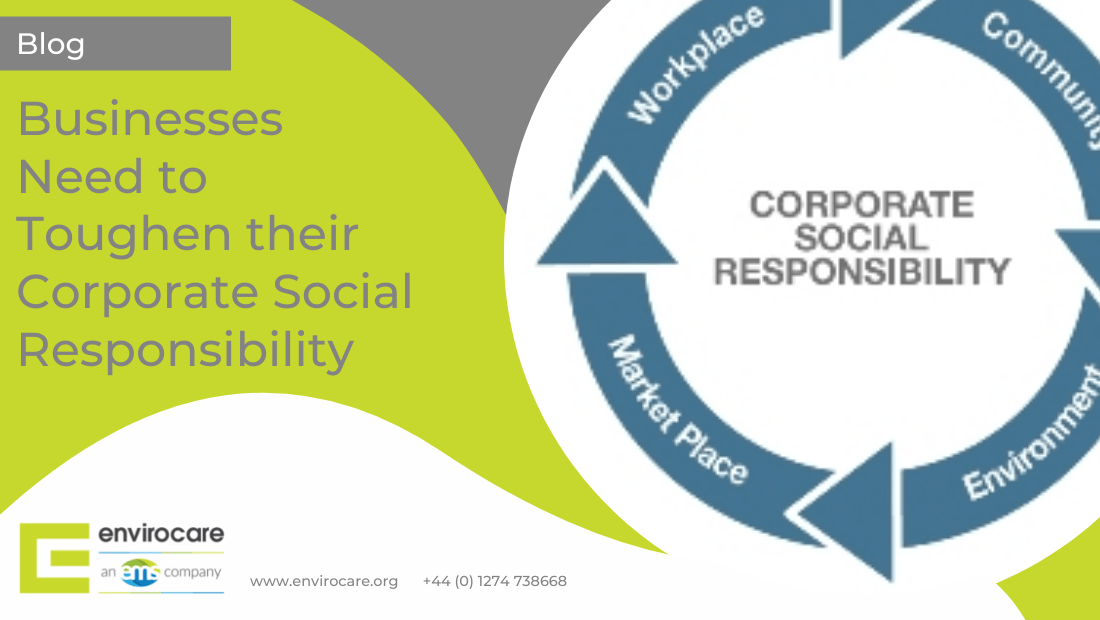
Businesses Need To Toughen Their Corporate Social Responsibility
2 September 2013 · Bethan Martin
Read more ➔